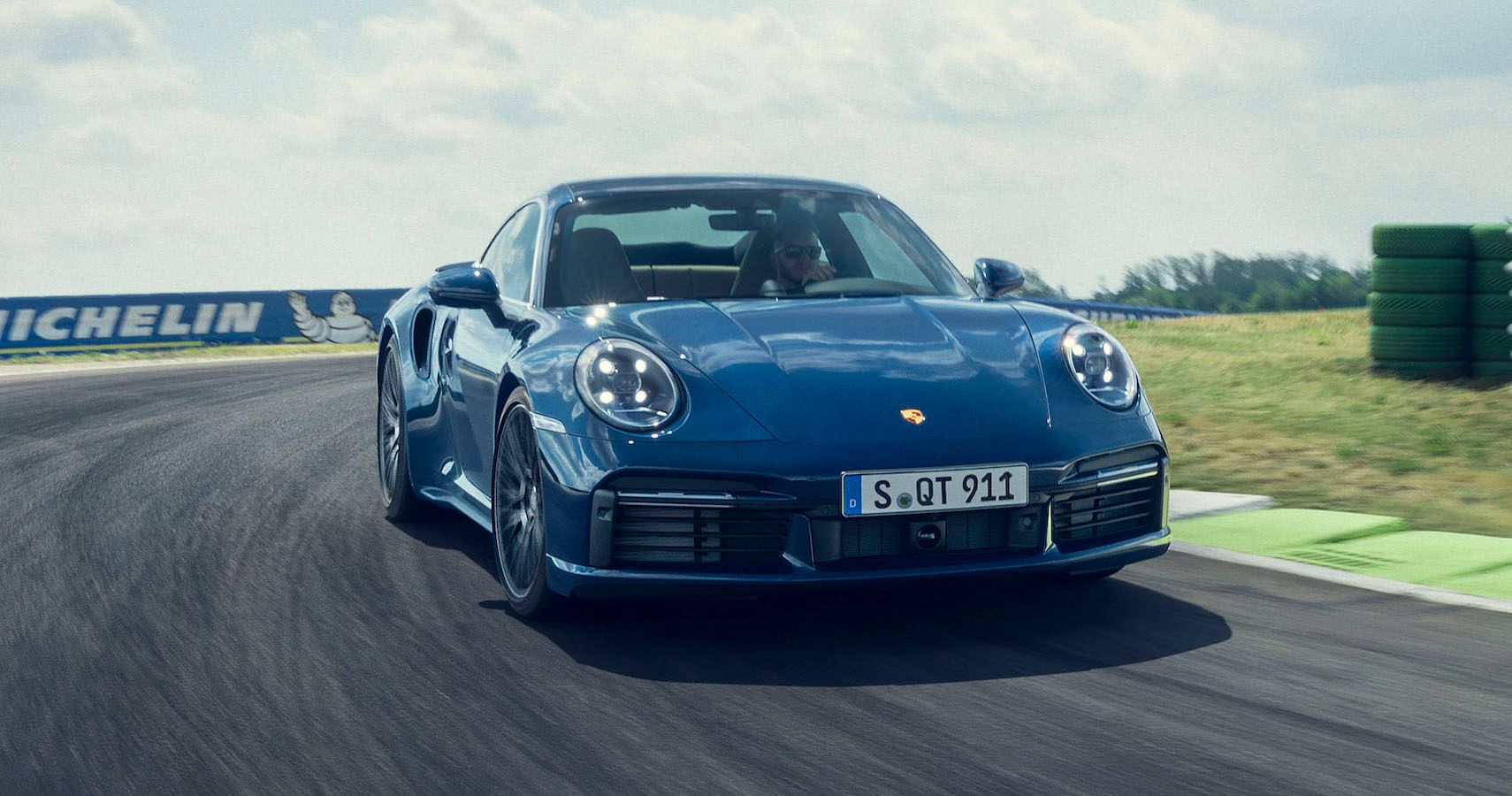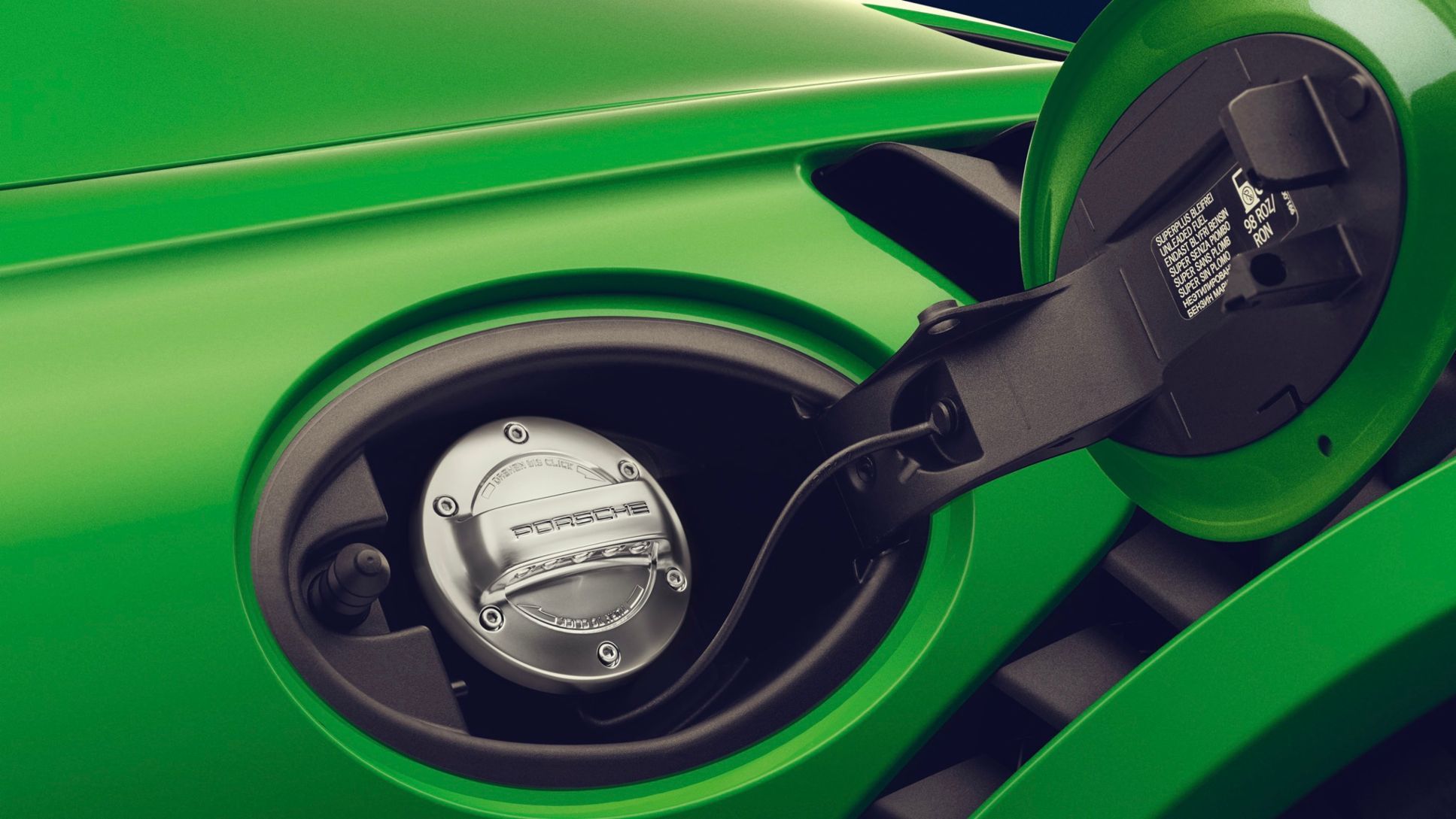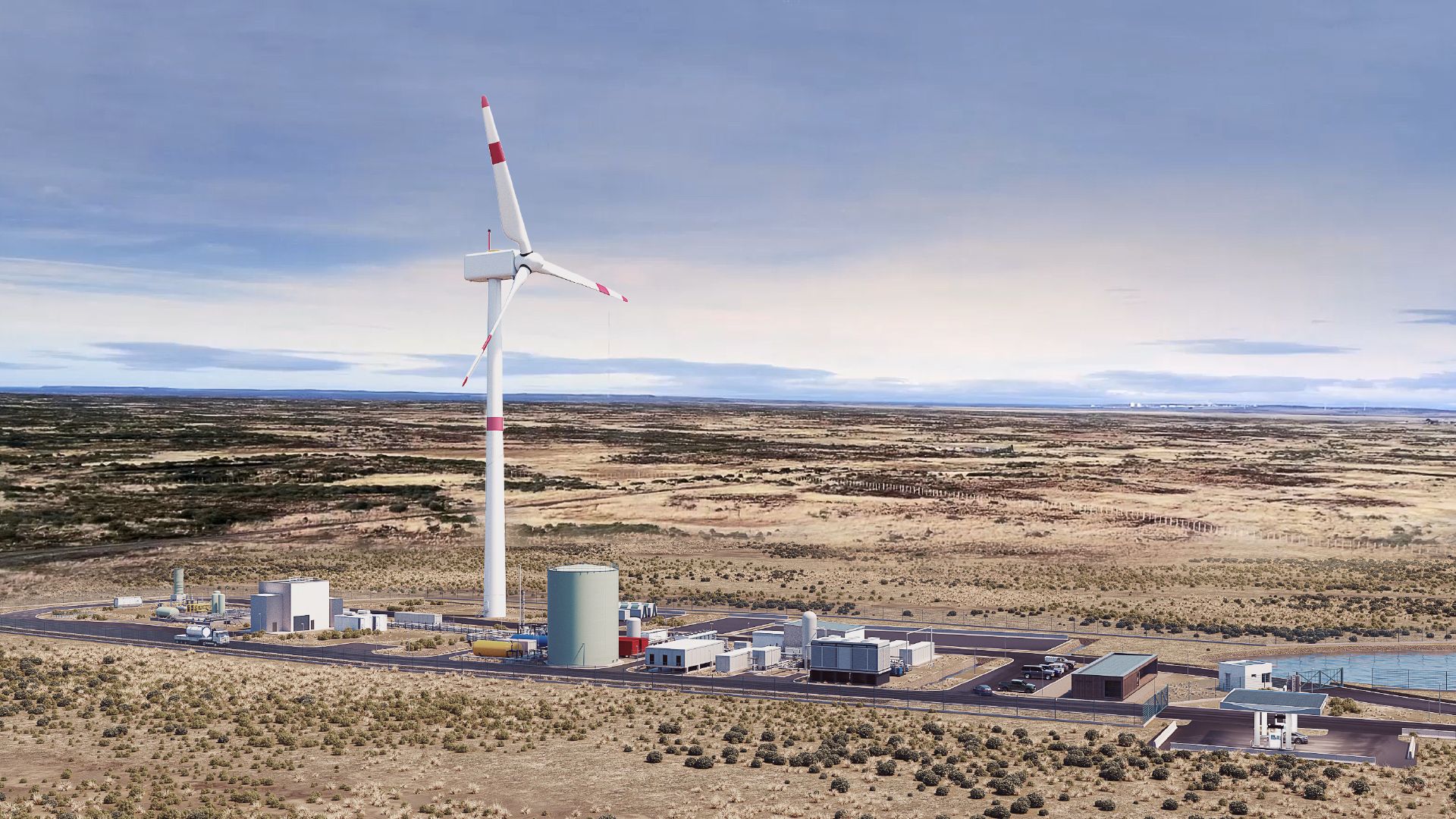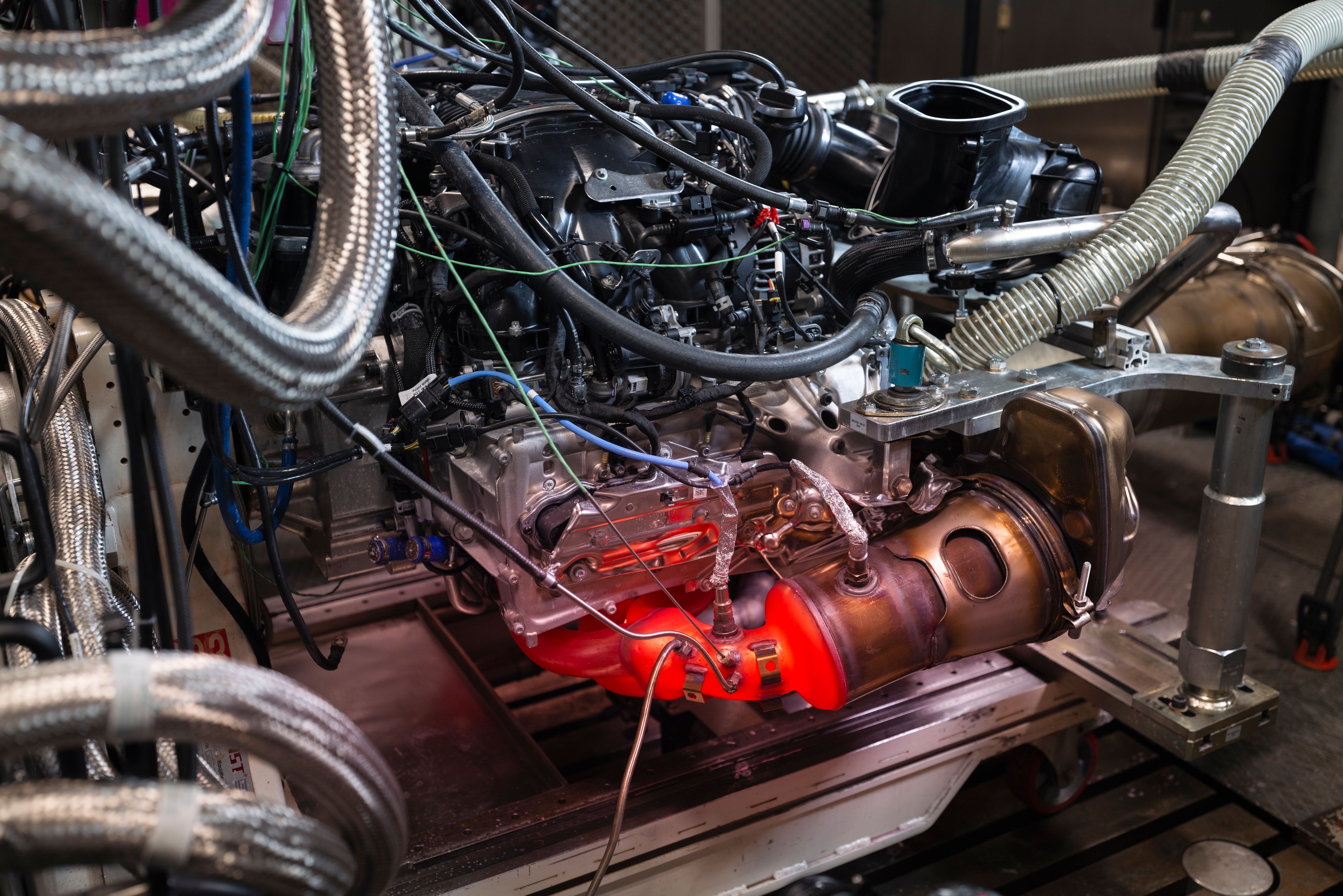Although Porsche is looking at renewable energy sources to power their cars instead of utilizing the Internal Combustion engine, such as the Taycan, their Cayenne and Panamera, as well as rumors surrounding the next generation of Boxster and Cayman models, will adopt an all-electric drivetrain. However, the company, as one of the most prestigious marques in the history, has a vested interest in maintaining their heritage.
Porsche's CEO stated that "Porsche will become more electric -- but not the 911." The Taycan may be one of the best handling electric cars on the market, but a 911 it is not. Specialist workshops have indeed modified previous 911s to run on electric drivetrains, for example, such as Everrati with their ludicrously expensive 964 Coupe, but without the roar of a flat-six engine, the car misses a little character that the Stuttgart based manufacturer has relied upon. This is where Porsche's synthetic fuel comes in, a sustainable way to power a future generation of internal combustion-based cars.
Porsche are pioneering synthetic fuels to keep their based cars on the road.
A Background On Fossil Fuels Explained
In simple terms, gas and diesel are fossil fuels, along with things such as coal and gas. Taken from beneath the Earth's surface, they are the fossilized remains of plants and animals covered in layers of sediment, exposed to the heat and pressure from the Earth's core which then turns them into hydrocarbons. They can then be extracted by oil companies and eventually after the crude oil is processed finds its way to the gas pump.
Now, this is where the problems are, firstly only so many animals and plants have died, fossil fuels are finite and take millions of years to form again, a little too late for humanity. Secondly, these fossil fuels when burnt release carbon dioxide which as anyone who has paid attention to the past twenty years of current affairs will tell you is a problem, once in the atmosphere it adds to the already existing amounts of the compound in the environment and becomes responsible for any number of unforeseen consequences.
To continue to use internal combustion engines in all their capacities discovered since the industrial revolution, a solution must be found that is both able to be produced and not release potentially damaging chemicals into the environment. This is what Porsche Synthetic fuel plant, called Haru Oni, in Chile endeavors to do.
This 964-Generation Porsche 911 Has Been Converted Into A Fully Electric Sports Car
Porsche's eFuel
In 2020, Porsche produced a press release where Micheal Steiner announced that "With electricity alone, you can't move forward fast enough," acknowledging the logistical difficulties that the transition to electric cars produces. This same press release told the public that the company would be working with Siemens to produce 130,000 liters by 2022. As of September 2021, Porsche has already started construction on its synthetic fuel factory.
This first year's production seems a little underwhelming, however, as it is the first industrial-scale production of eFuel. EV Central reports that production will quickly be increased and meet the needs of many with, "55 million litres by 2024 and 550 million litres by 2026."
Reinforcing the company's belief in their new technology, Porsche announced that "A renewable fuel formulated by ExxonMobil is to be used in the Porsche Supercup." This fuel would be produced by Esso as Porsche aren't the only company to look towards what has been pitched as eFuels.
Saving The Internal Combustion Engine
One of the companies working on a rival eFuel has been Bosch, which they describe as a carbon-neutral engine as until recently, "the stuff of dreams". Importantly, Bosch does use the phrase "limiting climate change," a switch to carbon-neutral fuels, just like the switch to electric vehicles won't undo the damage that has already been done, only mitigate extra damage.
Bosch doesn't reveal their process but does allude to using Renewable energy to extract hydrogen from water and then take carbon from the air. When the fuel is burned the Carbon is released back into the atmosphere, a carbon-neutral way of using internal combustion engines, in an ideal world this would be carbon-reducing but at this point, nations will take what they can get to reduce carbon emissions.
Bosch describes the drawbacks of this operation, it is "painstaking and expensive," however, they offer hope that "Greenhouse gas becomes a raw material." These eFuels offer just one more solution to the issue of climate change which plagues the planet and threatens to force gearheads to hand over their beloved fossil burning machines. Porsche's eFuel, just like those from other titans of industry, offers a future where the internal combustion engine continues to exist without all the changes that the Hydrogen engine as found in the Toyota Mirai would need.




